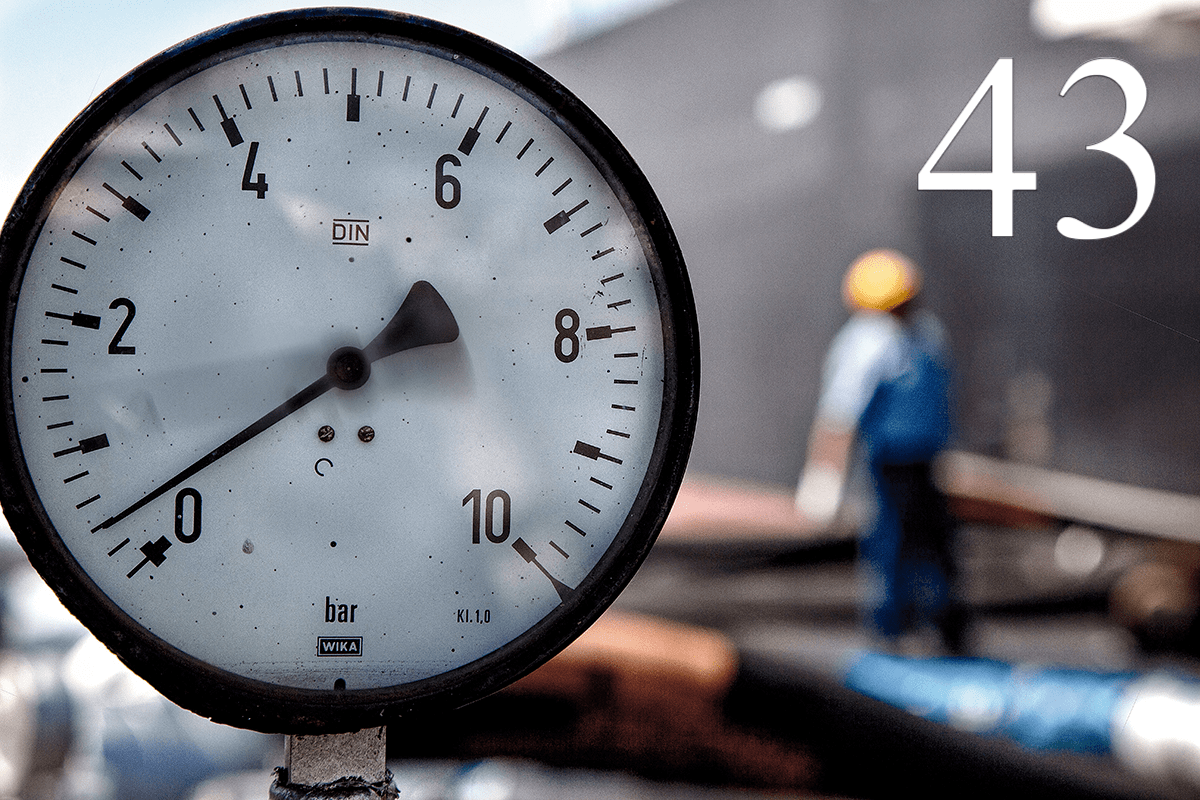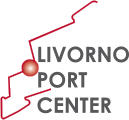
28 Gen Porti & dintorni. Cosa fa la portualità internazionale per reagire alla crisi. Numero 43
IAPH-International Association of Ports and Harbors si unisce all’industria globale e ai principali portavoce dei diritti umani – tra cui A.P. Møller – Mærsk, BP, BW, Cargill, COSCO, DOW, Euronav, MISC, NYK, Rio Tinto, Shell, Trafigura, Unilever and Vale – per sottoscrivere la Dichiarazione “Nettuno” (Neptune Declaration on Seafarer Wellbeing and Crew Change) a tutela dei lavoratori del mare. L’obiettivo è promuovere un’azione congiunta a livello mondiale per far fronte alla crisi (post-)pandemica che sta investendo con violenza il mondo dei marittimi. Condividiamo dalla Newsletter di IAPH.
Hundreds of thousands of seafarers from across the globe have been left stranded working aboard ships beyond the expiry of their initial contracts and are unable to be relieved since the outbreak of the coronavirus pandemic. Fatigue after long periods at sea has significant consequences on the physical and mental wellbeing of seafarers. It also increases the risk of maritime incidents and environmental disasters, and poses a threat to the integrity of maritime supply chains, which carry 90% of global trade.
Despite significant efforts by international organizations, unions, companies and some governments to resolve this untenable crew change crisis we are starting to see the situation getting worse as governments bring in more travel bans in response to the new strains of the Covid-19 virus. A number of key issues leave this critical situation unresolved: national authorities around the world continue to see crew changes and international travel as a Covid-19 risk; high-quality health protocols are not being consistently implemented by ship operators; and the disruption of international air travel has reduced the number of flights between traditional crew change hubs and major seafaring nations.
More than 300 companies and organizations recognize that they have a shared responsibility based on their roles across the entire maritime value chain, and beyond, to ensure that the crew change crisis is resolved as soon as possible. Including the International Association of Ports and Harbors, they have signed the Neptune Declaration on Seafarer Wellbeing and Crew Change that defines four main actions to facilitate crew changes and keep global supply chains functioning:
• Recognize seafarers as key workers and give them priority access to Covid-19 vaccines
• Establish and implement gold standard health protocols based on existing best practice
• Increase collaboration between ship operators and charterers to facilitate crew changes
• Ensure air connectivity between key maritime hubs for seafarers
Guy Platten, Secretary General, International Chamber of Shipping, commented:
«Seafarers are the unacceptable collateral damage on the war on COVID-19 and this must stop. If we want to maintain global trade seafarers must not be put to the back of the vaccine queue. You can’t inject a global population without the shipping industry and most importantly our seafarers. We are calling on the supply chain to take action to support seafarers now».
The Neptune Declaration has been developed by a taskforce of stakeholders from across the maritime value chain including A. M. Nomikos, Cargill, Dorian LPG, GasLog, Global Maritime Forum, International Chamber of Shipping, International Maritime Employers’ Council, International Transport Workers’ Federation, ONE, Philippine Transmarine Carriers, Sustainable Shipping Initiative, Synergy Group, V. Group, and World Economic Forum.
Patrick Verhoeven, IAPH’s Managing Director, added: «IAPH has also been cooperating with an initiative led by the International Chamber of Shipping (ICS) on COVID-19 related guidelines for ensuring a safe shipboard interface between ship- and shore-based personnel. It has also participated in the formulation of a 12-step framework of protocols on crew changes compiled by ICS in coordination with the maritime industry and supports the rapid adoption of the FAL requirement on digital health security. The Maritime health declaration along with the Crew list (FAL Form 5) must take absolute priority to facilitate crew changes and treatment for sick crew members».

